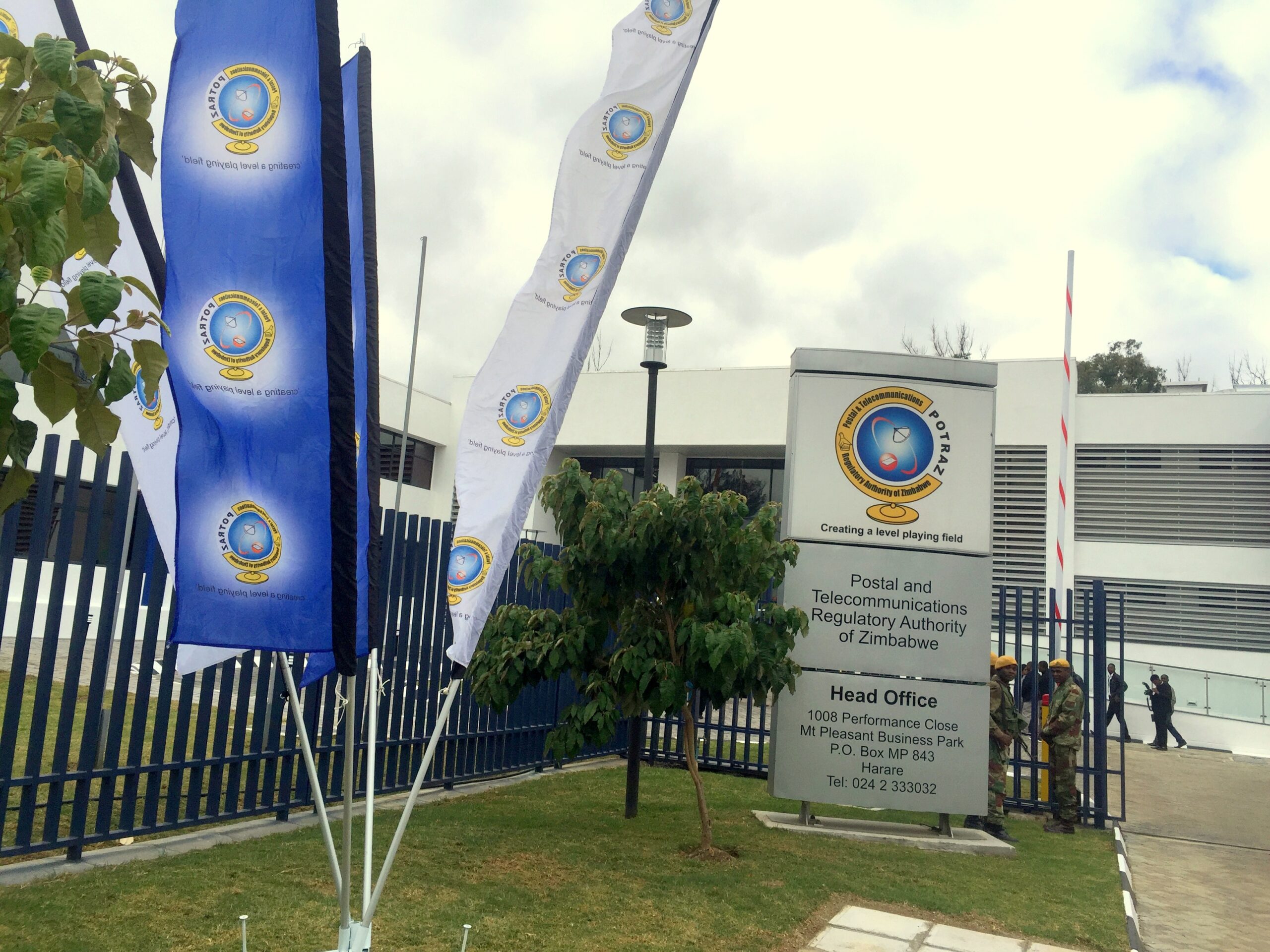Potraz intensifies e-learning programme
The Postal and Telecommunications Regulatory Authority of Zimbabwe (POTRAZ) is intensifying
its national e-learning and computerisation programme to bridge the digital divide and enhance
connectivity in remote parts of the country.
Consistent with this drive, last Friday, POTRAZ provided 14 schools in Masvingo Province with
laptops.
This is in line with President Mnangagwa’s vision of “leaving no one and no place behind.”
The Government’s commitment to capacitate schools with digital infrastructure is meant to
enhance the teaching and learning processes while bridging the digital divide and accelerating the
attainment of a digital economy that has become central to the functions of a modern economy.
Beneficiaries comprised Kanongovere Secondary School, Chikwerengwe Secondary School,
Rafamoyo High School, Mushayavanhu Primary School, Mutero Central Primary School,
Magombedze High School, Chimombe Mudyanadzo High School, Mutambwi High School,
Rumhizha High School, Zimuto High School, Chinyanganya Primary School, Mavhiringidze
Secondary School and Nerupiri Secondary School.
Speaking at the official launch of the programme at Mutendi High School in Masvingo, POTRAZ
director-general Dr Gift Machengete indicated that it was high time the country moved along with
the demands of the fourth industrial revolution to embrace and spread in coverage of broadband
services in the country.
“To ensure no school is left behind, today we officially commissioned 14 school computer labs in
Masvingo Province; we shall certainly continue on the same trajectory as we accelerate the ICT lab
per school programme . . . to reach all corners of the country.
“Of course, there are some schools we are yet to equip, but I would like to assure you all that we
shall leave no place and no one behind in this programme,” said Dr Machengete.
The initiative will be coupled by ensuring reliable mobile connectivity of the unconnected areas in
the country with several projects currently at various stages of implementation.
As such, the telecoms regulator last year funded the relocation of 66 co-located towers by the three
mobile operators, Econet, NetOne, and Telecel, and a total of eight base stations were either
upgraded or installed in Masvingo.
At the national administration level, the drive is meant to enhance national systems such as
companies and deeds registration, tax clearance, import and export licensing, liquor licensing as
well as public finance management systems.
As stipulated in the National Development Strategy 1 (NDS) the country intends to have internet
access at the village level by 2030, through the extension of the fibre optic backbone and last-mile
connectivity.
During the tenure of the NDS1, the Government also targets to increase the internet penetration
rate from 59, 1 percent in 2020 to 75, 42 percent by 2025 while the mobile penetration rate is
projected to reach 100 percent by 2025.
About 50 schools in Masvingo province were last year equipped with wide-ranging ICT apparatus
including the Kapota School for the blind. Information Communication Technology and Courier
Services Minister Jenfan Muswere said his ministry would ensure the programme
“indiscriminately furnishes” all schools with basic ICT infrastructure.
“We have brought here the national e-learning strategy, which consists of building school
laboratories and training staff as we move to attain the digital economy by 2030. We are a bit
behind and should move with speed, thus sharing the responsibility to deploy ICT systems and
base stations with mobile network operators,” said Minister Muswere.
Masvingo Province State Minister, Ezra Chadzamira expressed gratitude over the recognition of
his province in the allocation of ICT resources.
‘‘Masvingo province is grateful to his Excellency President Mnangagwa through the Ministry of ICT
and Courier Services for its initiatives which are focusing on reducing the digital divide across the
country and accelerating the attainment of a digital economy by 2030,’’ said Minister Chadzamira.
In 2022, a total of 1 117 schools were connected to the Internet under the schools’ connectivity
programme while an additional 672 Schools and 17 institutions of higher and tertiary learning,
including polytechnics and vocational training centres, were provided with 12 months of
bandwidth under the ICTs programme.
The year saw a total of 955 health centres being connected to the internet with one year of
bandwidth subscription being paid for each of the centres while a total of 249 police stations were
connected to the Internet under the e-Government programme.
In 2022, POTRAZ licenced seven new Internet Service Providers and also opened the door to
Mobile Virtual Network Operators under the converged licensing framework.-The Herald









